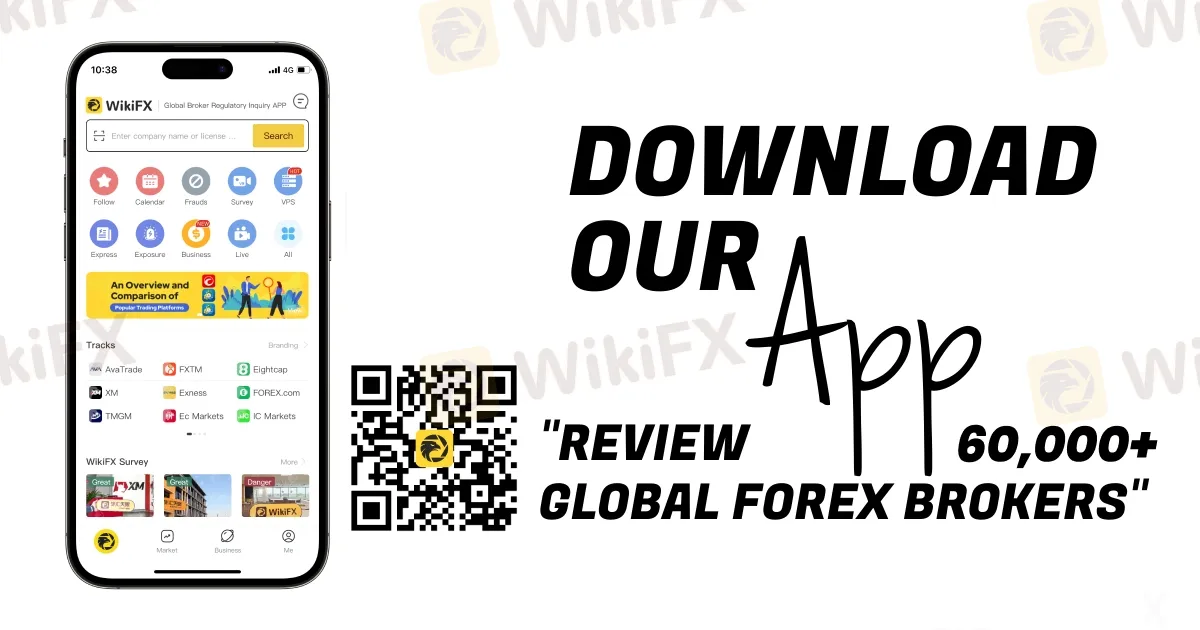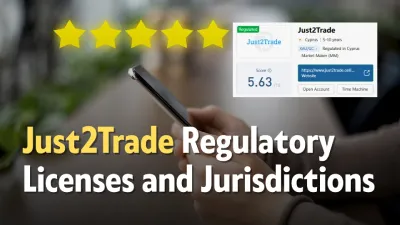Chase-Plaid Deal Sets Banking Fee Precedent
Abstract:JPMorgan Chase-Plaid agreement introduces fees for bank data access, setting new precedent for open banking partnerships in the financial technology sector.

JPMorgan Chase and fintech data broker Plaid have established a groundbreaking fee-based data access agreement that introduces paid partnerships to U.S. open banking, potentially reshaping how financial institutions monetize customer data connections.
The renewed partnership, announced this week, marks the first time JPMorgan will receive payment from Plaid for accessing customer account information used by popular financial applications including Venmo and Robinhood. This fee structure represents a significant shift in the relationship between traditional banks and financial technology companies, establishing a new revenue model that could influence industry-wide practices.
New Revenue Model Emerges
The agreement ensures uninterrupted service for millions of Chase customers who rely on Plaid-connected applications while introducing a compensation framework for data access services. Although specific financial terms remain undisclosed, the deal preserves existing pricing structures for fintech partners and includes provisions for joint security and performance investments.
Eric Sager, Plaid's chief operating officer, emphasized the consumer-focused nature of the partnership. The company maintains that customers retain fundamental rights to access and share their financial data, positioning this agreement as supporting rather than restricting those capabilities.
Technical Infrastructure Evolution
The partnership builds upon a 2018 foundation when JPMorgan became among the first major banks to replace screen-scraping technology with direct API connections. Screen scraping involved using customer login credentials to extract bank data, a method considered less secure and more cumbersome than modern tokenized API systems.

JPMorgan's motivation for implementing fees stems from substantial infrastructure costs associated with constant data requests. The bank reported significant volumes of background API calls, many unrelated to direct consumer activity, creating operational expenses that the new fee structure aims to address.
Regulatory Landscape Context
This development occurs amid ongoing Consumer Financial Protection Bureau rulemaking under Section 1033, which seeks to establish comprehensive open banking standards nationwide. The regulatory process has extended across multiple administrations, leaving financial institutions and data aggregators to negotiate private agreements while awaiting federal guidelines.
Industry standards organization FDX reports that API-based account connections now exceed 110 million in the United States, representing substantial growth from previous years. This expansion demonstrates increasing consumer adoption of financial technology services requiring bank data integration.
Market Implications
Plaid's business model faces continued evolution following previous challenges, including a blocked $5.3 billion Visa acquisition due to antitrust concerns and a $58 million privacy lawsuit settlement. The company has repositioned itself as an advocate for standardized regulations and consumer data rights.
The current agreement covers data aggregation services but excludes payment-related functions such as account verification and transaction initiation, which represent nearly half of Plaid's traffic volume. Future fee structures for these services remain uncertain, potentially affecting peer-to-peer payment platforms and instant transfer capabilities.
Consumer Impact Assessment
End users will experience no immediate changes to their financial applications, as Plaid commits to maintaining current functionality without passing additional costs to consumers. The agreement provides operational stability while regulators complete the open banking framework development.
However, the precedent established by JPMorgan's fee implementation may encourage other major banks to pursue similar revenue strategies. This trend could fundamentally alter the economics of financial data sharing and influence the competitive landscape among data aggregators.
About JPMorgan: JPMorgan Chase & Co. is the largest bank in the United States by assets, providing comprehensive financial services including consumer banking, investment banking, and asset management to individuals, businesses, and institutions worldwide.

Read more

Uncovering! The Real Problems with "Fair Markets"
User reviews are powerful proof; they expose the real story. These insights come straight from people who’ve actually used the service, not just flashy promises. We’ve gathered authentic feedback from real Fair Markets users to uncover what’s truly happening behind the scenes and give you a clearer picture, so you can make a smarter, more confident decision.

TigerWit: Where Traders Face Withdrawal Denials, Forced Liquidations & Other Trading Scams
Have you been constantly denied fund withdrawal access by a UK-based forex broker, i.e., TigerWit? Faced forced liquidations of your forex positions and been made to bear losses? Is the experience of the customer support service not even a base level? These are investment scam indications. Due to these illegal activities, the broker has faced a massive wrath from traders on review platforms. In this article, we will let you see their comments. Keep reading!

Hidden Cons of KQ Markets: No One Talks About
KQ Markets (kqmarkets.co.uk) says it is a UK broker regulated by the FCA, but some users have reported problems that many people don’t notice until it’s too late. Here are some Hidden issues:

Just2Trade Regulatory Licenses and Jurisdictions
Comprehensive review of Just2Trade’s regulatory licenses and jurisdictions, focusing on its Cyprus Market Maker license and global oversight.
WikiFX Broker
Latest News
Robo Trading Explained: What It Is and How It Works?
Exness Redefines Forex Trading Standards
Forex Pips Explained: Definition, Importance & Key Insights for Traders
Robinhood Sues Massachusetts Over Sports Bet Rules
Neex Secures UAE License, Expands Middle East Ops
Valutrades Reports Rising Revenue—But Is the Broker Reliable?
Q3 Trading Results Analysis: Season's End, Shared Growth
SkyLine Review —— XM: Building Lasting Trust Through a Superior Trading Experience
FCA Charges UK Finfluencers Over High-Risk CFD Ads
The Fed Models Were Wrong About The US Economy
Rate Calc


